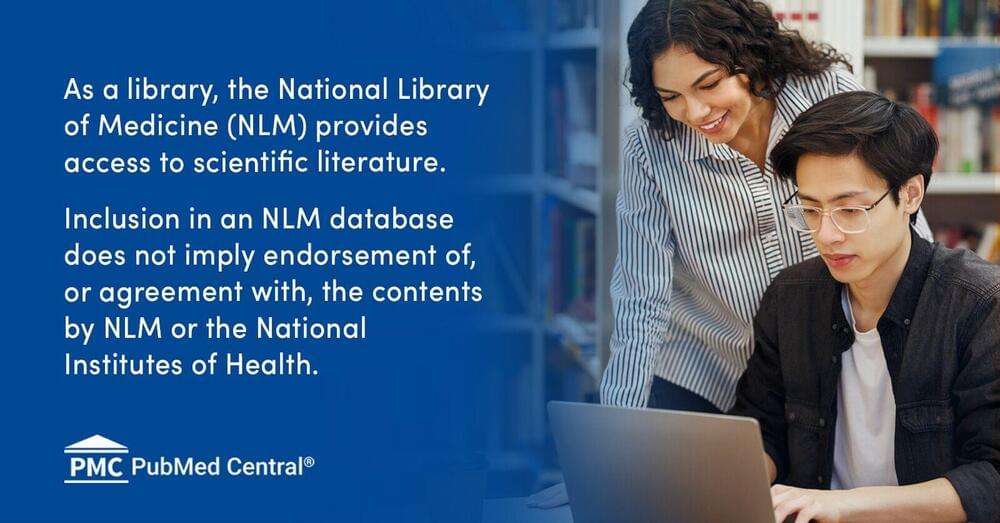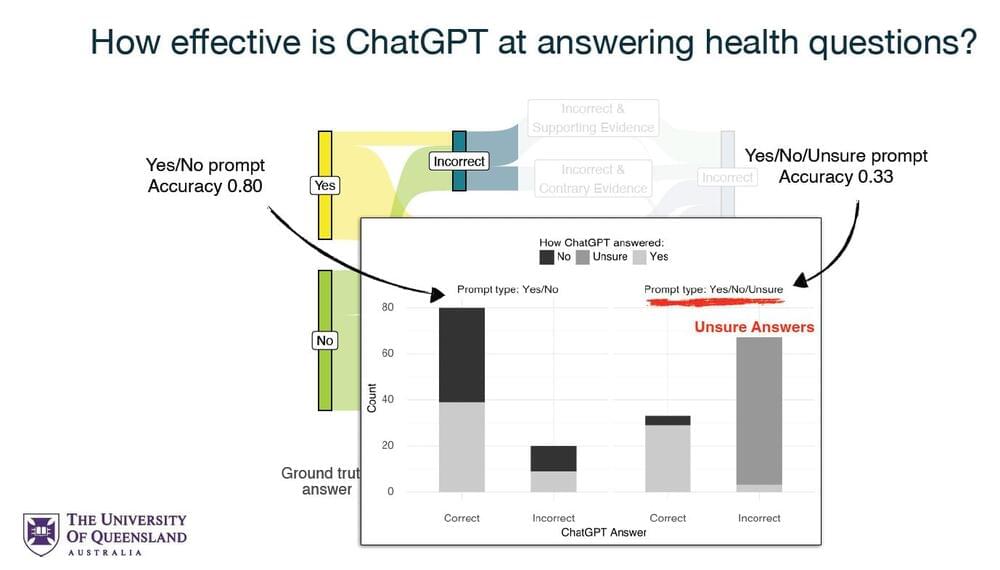Consistently exercising 2–3 times a week over the long term is linked to a lower current risk of insomnia as well as the ability to clock up the recommended 6–9 hours of shut-eye every night, suggests an international 10-year study published in the open access journal BMJ Open.
Regular exercise is associated with better overall health, and several studies have suggested that physical activity promotes better quality sleep and may improve symptoms of chronic insomnia, note the researchers.
But it’s not entirely clear how much gender, age, weight (BMI), overall fitness, general health, and exercise type contribute to this association, they add.







